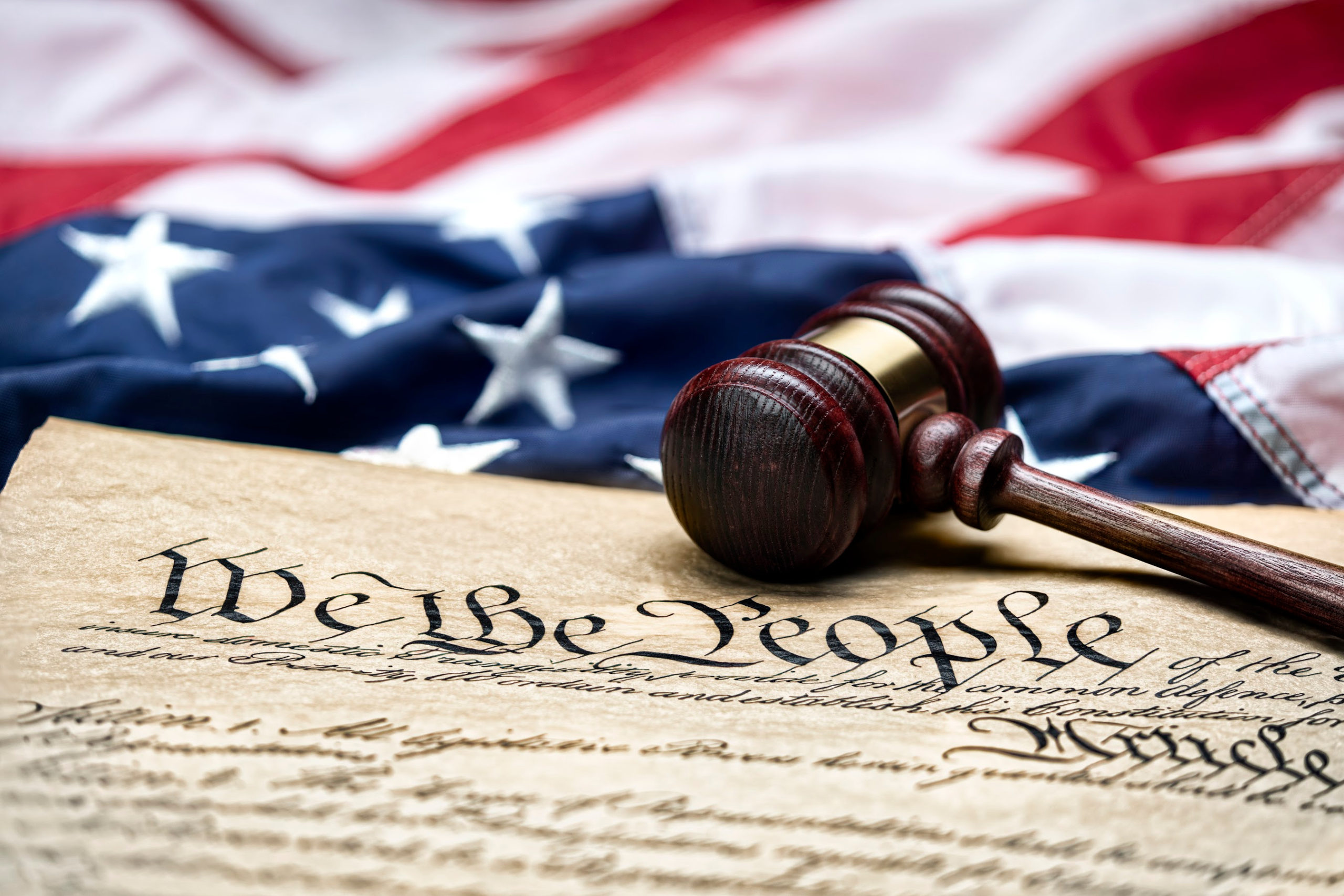Dobbs v. Jackson Series: Article 3
Substantive Due Process and What Comes Next?
By now, you have heard that one of the most critical cases of the century, Roe v. Wade, has been overruled by what will almost certainly be one of the most critical SCOTUS rulings of our time, Dobbs v. Jackson. However, after this ruling, many people are left wondering: what exactly does this mean, and why did it happen?
In this article, an experienced Counxel attorney explores what substantive due process jurisprudence is, why this Court rejects it, how that impacted the decision and what may happen next.

What is Substantive Due Process?
To understand where jurisprudence will go from here, one must understand the term: substantive due process. The Constitution spends much time discussing rights, as the Framers were products of robust traditions of Enlightenment natural law theory. For a much more focused discussion about the conception of rights at the time of the Framing, a reader is directed to the Federalist Papers and any commentaries about them.
The Framers quickly determined that the Constitution could not list every right the people were reputed to have. Many, if not most, rights were thought to be implicit, emergent, or simply uncategorizable. So they believed it was better to restrict what the government could do rather than list what the people had permission to do, and things would sort themselves out from there.
The due process clause of the Constitution requires that the government cannot deprive a person of life, liberty, or property without due process of law. This is called procedural due process.
It eventually came to be thought that having the proper procedures was not enough to capture the spirit of the due process clause. Therefore, a more significant intervention by the courts came to be viewed as necessary to safeguard the people not just from an arbitrary and capricious set of procedures but to protect the people from the government utilizing its properly enacted procedures to accomplish an improper purpose. From this determination came the conclusion that it is the various courts’ responsibility to establish and protect certain fundamental rights from governmental interference when the written law from legislatures is silent or ambiguous.
The Right to Privacy
One of the substantive due process’s most famous unenumerated rights is the right to privacy. A right not explicitly established by the Constitution but supposedly necessary for other rights to exist. This is where the Glucksberg test provides some helpful guidance, as it requires that an unenumerated right have a deep root in the nation’s history and traditions.
There does seem to be continual evidence that such a right has long been understood to belong to people. The phrase: An Englishman’s home is his castle was common usage by at least 1628 and predated the Framing of the Constitution by more than a century. Castles are private places of refuge for the owner and can’t come in without an invitation or force.
The unenumerated right to privacy is the source and wellspring of many other purported fundamental rights, such as rights to contraception, same-sex relationships, interracial marriage, same-sex marriage, and abortion. These rights were established by cases that held that because people have a right to privacy from the government’s intrusion into their lives, it could not restrict their private behavior in various ways. What is now unclear is that, in light of the Glucksberg test, does the right to privacy cover these other unenumerated rights?
Originalist Thought
There are a few ways to put this: Originalists despise the substantive due process. Originalists have opined, at length, how substantive due process causes various ills. For example, it turns judges into legislators, it lets judges read words that aren’t present or implied in the Constitution into the Constitution, and it lets judges expand liberties at will. Now we will see if other unenumerated rights are challenged and subjected to the Glucksberg test.
If they are challenged, will the Court agree that the right to privacy, which does appear to pass the Glucksberg Test, protects these other rights? Some Originalists believe that other unenumerated rights pass the test. Some Originalists, such as Alito, who drafted the majority opinion, state that the opinion in which those rights are free from scrutiny and that abortion is unique in that it results in the killing of a “potential life.” Per Casey and Roe’s wording, gay marriage, contraception, and interracial marriage do not have that result. Because they don’t have that result, the states have little to no interest in regulating them. By default, without an interest in the behavior, regulation is less likely to happen.
However, on the other hand, Justice Thomas communicates that those same rights that Alito mentioned as being safe may be less secure to him than his colleague. A concurrence to an Opinion is not law; it is a secondary or persuasive authority at most. However, it may signal the direction of some justices and how they seek to rule later or identify areas of further interest they would pay greater attention to. However, the concurrence alone does not mean that these other unenumerated rights are next on the chopping block.
Alternative Theories
Other jurists from other ideological schools have argued on independent grounds why these newer rights remain safe. For example, the “full faith and credit” clause offers reason to believe marriage rights should be safe from rescission.
The full faith and credit clause is the section of the Constitution that requires a marriage or driver’s license, or any number of other licenses, from State A to be honored by State B without State B requiring the license to be reissued. The argument has not had the chance to be officially made before the Court, but given that several states had enacted laws codifying same-sex marriage before Obergefell v. Hodges, requiring all states to recognize those marriages based on the full faith and credit clause seems to be logical.
No argument for or against these rights, whether from an Originalist, Progressive, or Alternative, can be made without any challenge. The Court’s foundational principles require a case to come before the Court. The Court cannot issue, by decree, a change to the nation’s understanding of constitutional law.

Final Thoughts
Will the Court hear cases that challenge the existence of these previously recognized rights? If so, will alternative grounds for their existence be offered and adopted? Will the various rights be as non-existent as the fundamental right to abortion and the issues themselves left to the states to legislate as they will? Right now, it’s anyone’s game. The only thing that is sure is that the future will hold many cases that flesh out the edges of unenumerated, purportedly fundamental rights.
This article was written by an experienced legal counselor at Counxel Law Firm. We hope to provide clarity and context for the current ruling of Dobbs v. Jackson. For any other legal questions, please contact Counxel at 480-536-6122.


Understanding Legal Claims Against Insurance Companies


